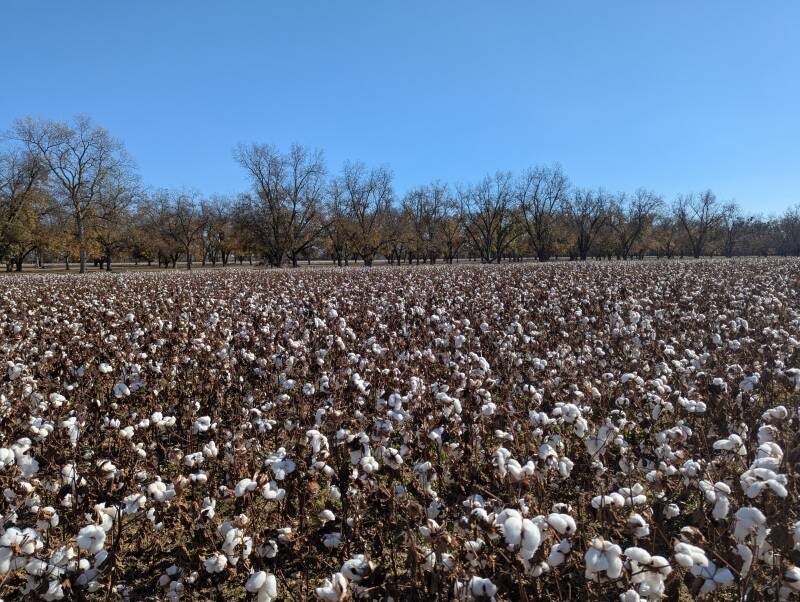A Tapestry of Lives
Shaped in Margaret Mitchell's voice
On a chill March day in 1847, death slipped into the house of the Bryan plantation, claiming James A. Bryan and leaving Katharine to face the dawn with eight of her nine children gathered at her skirts, their faces pale as the mist that clung to the Georgia pines. Ten days hence, her frame heavy with grief yet unyielding as the red clay beneath her feet, she brought forth Laura, the tenth and final child of her heart’s labor. The plantation, 1,200 acres of earth carved from wilderness, its grand house raised in 1832 with columns stark against a restless sky, stood as the pulse of their world. Around fifty souls worked its fields and halls, their hands shaping the land’s bounty, their songs drifting like whispers of hope across the cotton rows. To steer such a place, a woman tethered by the laws of men bore a burden as vast as the horizon, her will a flame that no sorrow could dim.
Long before the plantation house rose, the Muscogee Creeks walked this land, their feet tracing paths through the red clay until the bitter year of 1821. Beneath ancient oaks, their fires blazed against the night, their voices calling to the stars in a tongue older than the rivers. They danced in the glow of those flames, their dreams woven into the whispering pines, their stories etched deep in the soil’s heart. Driven forth by force, their footsteps faded, but the rivers carried their songs, a presence no plow could silence, lingering in the quiet places where the land still breathed their memory.
In the shadow of the house, its timbers hewn from the forest’s heart, those held in bondage rose with the dawn, their lives woven into the plantation’s ceaseless rhythm. Their hands, calloused and sure, coaxed life from the fields, their hoes flashing in the sun’s pitiless glare. Their songs, soft in the dusk, bore the weight of their striving, a quiet hymn to endurance that mingled with the cicadas’ drone. When war’s distant drums echoed across the land, their hearts stirred, poised between unending toil and a faint horizon of hope, their voices a thread of defiance no Master could break.
Katharine stood as the plantation’s unyielding cornerstone, her eyes sharp as the glint of a scythe, her spirit a beacon through the gathering shadows. Robert, the eldest, a youth with his father’s brow, left the halls of Cincinnati Medical School in 1847, returning to guide the estate through seasons of harvest and dusk. For twenty years, his ledgers chronicled its life—plows and cotton, births and burials—each entry a testament to a world both radiant and relentless. When war came, its shadow swallowed all ten Bryan children. Sons marched in Confederate gray, their hearts bound to honor and duty, while daughters stitched hope into threadbare days, their home trembling as the South remade itself in fire and ruin.
The Bryan house, its columns standing like sentinels against the sky, held the stories of all who passed through its doors. The Muscogee Creeks, their fires long cold, left their dreams in the whispering pines. The enslaved, their hands shaping the earth, wove their songs into its dusk. Katharine and her children, their lives marked by loss and resolve, carved their legacy in its walls. Their voices—syllables of joy, sorrow, and striving—met in the air, a chorus bound to the house’s timbers. The land cradled them all, its red clay and ancient oaks a tapestry of their days, echoing across the years to whisper of resilience beneath a restless Georgia sky.



